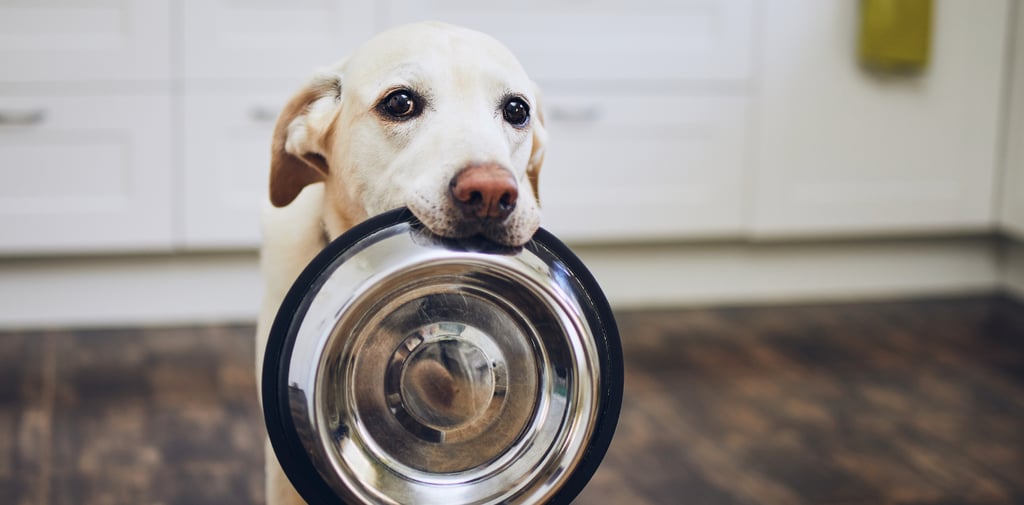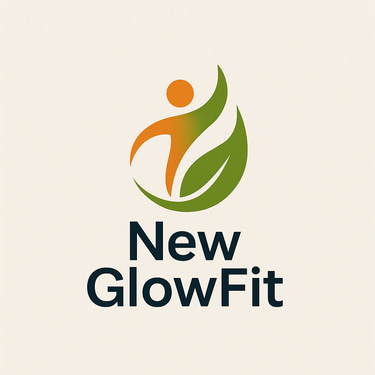Natural food or kibble: what’s the best choice for your pet?
Should you feed your pet natural food or kibble? Learn the key differences, pros and cons, and how to choose the best diet for your dog or cat.
7/19/20253 min read


When it comes to your pet’s health, nutrition is one of the most important factors to ensure a long, happy, and healthy life. With so many food options available today, it’s common for pet owners to wonder: natural diet or kibble — which one is better for my pet?
To make a conscious decision, it’s essential to understand the characteristics of each option, their benefits, and possible limitations. Let’s dive in!
What Is a natural diet (ND)?
A natural diet, often referred to as ND, is a meal plan based on fresh, whole ingredients such as lean meats, vegetables, fruits, and grains. Unlike improvised homemade meals, a proper natural diet is carefully planned to meet your pet’s specific nutritional needs, taking into account:
Species (dog, cat, etc.)
Age (puppy, adult, senior)
Weight
Size (small, medium, large)
Specific health conditions (obesity, chronic diseases, allergies)
This diet is usually developed under the supervision of a veterinary nutritionist to ensure the correct balance of proteins, carbohydrates, fats, vitamins, and minerals.
Natural diets can be served either raw (following strict safety protocols to avoid contamination) or cooked, without seasonings like salt or garlic, which are harmful to pets.
Benefits of a natural diet
Choosing a natural diet can bring numerous advantages to your pet’s overall health and behavior. Here are some of the key benefits:
Fresh ingredients, free of additives
Natural diets avoid chemical preservatives, artificial colors, and flavor enhancers found in many processed foods. This makes meals cleaner and more wholesome, helping reduce the risk of food intolerances and inflammatory reactions.
Improved coat, energy, and digestion
Pet owners who switch to natural feeding often notice visible changes: a shinier, softer coat, more energy for playtime, and improved digestion, with firmer, less odorous stools.
Great for pets with dietary restrictions
A natural diet is an excellent option for pets suffering from food allergies, intolerances, or chronic conditions such as diabetes or kidney disease. Because it’s fully customized, ingredients that cause adverse reactions can be excluded, while supportive foods can be added to promote recovery and well-being.
Variety of flavors and mental stimulation
Different textures, aromas, and flavors make mealtime more enjoyable and mentally stimulating for pets, keeping them engaged and satisfied.
What about kibble? Is it still a good option?
Absolutely! High-quality kibble (premium or super-premium) remains a safe, convenient, and nutritionally balanced option for dogs and cats.
These foods are scientifically formulated to provide complete and adequate nutrition for every life stage — from puppies and kittens to senior pets. There are also specialized formulas for specific needs, such as weight management, joint support, or skin and coat health.
Main benefits of quality kibble:
Convenience: Perfect for pet parents with busy schedules.
Long shelf life: No need for refrigeration.
Precise nutrition: Each piece contains balanced nutrients.
Affordability: Often more cost-effective than custom natural diets.
However, not all kibble is created equal. Lower-quality commercial brands may contain questionable by-products, excessive artificial colorants, and preservatives. Always invest in reputable brands and consult your veterinarian to choose the best option for your pet.
Natural diet or kibble: how to choose the best option
The right choice depends on a few key factors:
Family lifestyle
Natural diets require more dedication — regular grocery shopping, meal prep, and proper storage. For families with limited time, kibble can be a more practical alternative while still ensuring adequate nutrition.
Budget
A personalized natural diet tends to be more expensive, especially when it includes premium ingredients and professional guidance from a veterinary nutritionist. Premium kibble, while also an investment, can be more affordable for many pet owners.
Your pet’s specific needs
Every pet is unique. Animals with chronic diseases, allergies, or special dietary needs often benefit more from personalized natural diets. Meanwhile, healthy pets with no restrictions thrive perfectly well on high-quality kibble.
Veterinary guidance
Whichever option you choose, professional veterinary guidance is essential. Your vet can assess your pet’s health, recommend tests if necessary, and guide you toward the safest and most balanced diet.
Final thoughts
There’s no single answer to the question, “What’s the best diet for my pet?” What truly matters is ensuring that your pet’s food — whether natural or commercial — provides complete, balanced nutrition tailored to their individual needs.
Feeding your pet responsibly is an act of love. By investing in the right nutrition, you’re giving your furry companion the gift of health, energy, and many happy years by your side
Health
Tips for a healthy and balanced life.
© 2025. All rights reserved.
Well-being
Privacy Policy
Terms and conditions
